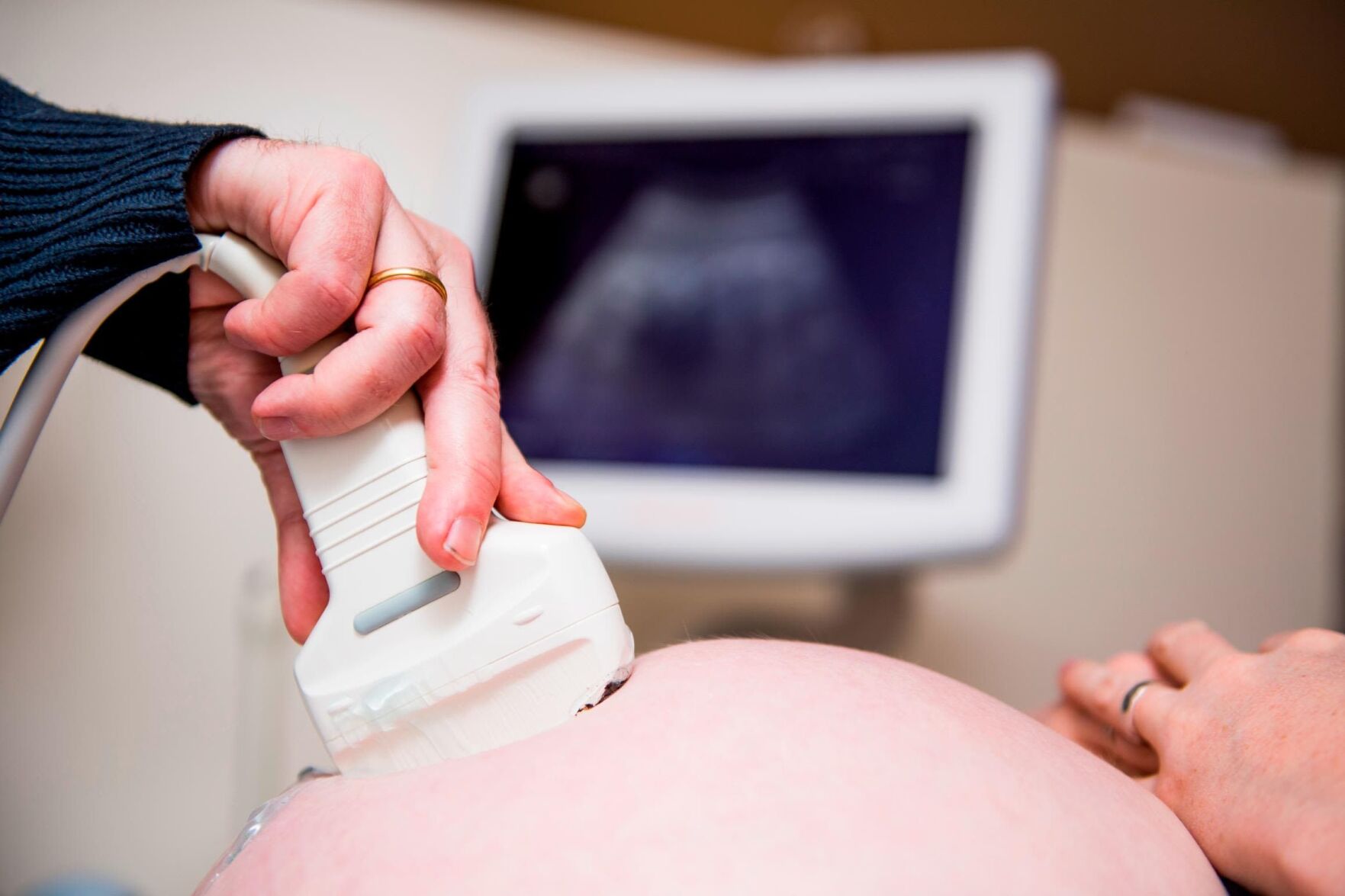SEATTLE, Wash. — UW Medicine defied the Centers for Disease Control and Prevention (CDC) Thursday on the latest change to COVID booster recommendations in pregnant women.
Last week, the CDC, headed by U.S. Health and Human Services Secretary Robert F. Kennedy Jr., announced it was rolling back COVID vaccine recommendations for healthy pregnant women and children.
Kennedy has been a skeptic of vaccine safety for a number of years.
UW Medicine pointed to a new study in the American Journal of Obstetrics and Gynecology, which followed 240 pregnant women in Washington between March and June 2020.
The study found that pregnant women with COVID-19 had a 3.5 times higher rate of hospitalization related to complications than similarly aged women with COVID-19 that were not pregnant.
A pregnant woman with COVID-19 was 13 times more likely to die from complications of the disease.
Three women in the study died from COVID complications, and were from minority ethnic groups and had other health conditions like obesity and hypertension.
“The mortality rate was shockingly high,” Dr. Kristina Adams Waldorf said. “We were very surprised by this.”
An interesting part of that Washington study is that those three deaths represented 6.7% of all maternal deaths connected to COVID-19 complications in the entire United States through mid-October, raising concerns about mass underreporting of true fatality rates.
“We are gravely concerned that COVID-19-associated maternal deaths have been massively undercounted nationally and that the impact on pregnant patients, particularly with underlying conditions is greater than currently underappreciated,” Adams Waldof added.
The date was compiled by a Washington state collaborative that included 35 large hospitals and clinic systems. They perform 61% of the 86,000 annual childbirth deliveries.
Dr. Linda Eckert, with Obstetrics and Gynecology at UW Medicine, was concerned about COVID booster rates declining in pregnant women, due to the potential for adverse impacts on a baby in its first six months of life.
Women who get the vaccine while pregnant pass those antibodies on to their babies, and infants from 0 to six months cannot get a COVID vaccine.
“It’s really important to talk about pregnant women develop more serious illness when they contract COVID than non-pregnant women who are a similar age, similar health. They develop more hospitalizations. They have to be in the ICU more often. They need the use of a ventilator more often, they even die more often, and it’s three times the risk of hospitalization compared to a non-pregnant individual,” said Eckert.
The American Academy of Pediatrics Family Practice is also still recommending the vaccine to healthy pregnant women and children.
“Currently there isn’t a COVID vaccine recommended for infant zero to six months of age. And so really the only way infant zero to six months of age can get protection is through a maternal source. And infants zero to six months of age actually are pretty high risk. When they develop COVID, they have the same hospitalization rate as adults over 65, and we’re recommended to give adults over 65 those vaccines. So I think it’s ironic that here we have this really vulnerable group of humans that we know about with increased hospitalization, increased challenges when they contract COVID. We have great data that getting the vaccine in pregnancy helps prevent those zero to six months old people from getting COVID. And somehow that has been lost in this recommendation. So I worry a lot about the protection of infants,” Eckert added.
Pregnant women are urged to have a conversation with their gynecologists on whether they should get the COVID booster.
COPYRIGHT 2025 BY KXLY. ALL RIGHTS RESERVED. THIS MATERIAL MAY NOT BE PUBLISHED, BROADCAST, REWRITTEN OR REDISTRIBUTED.
